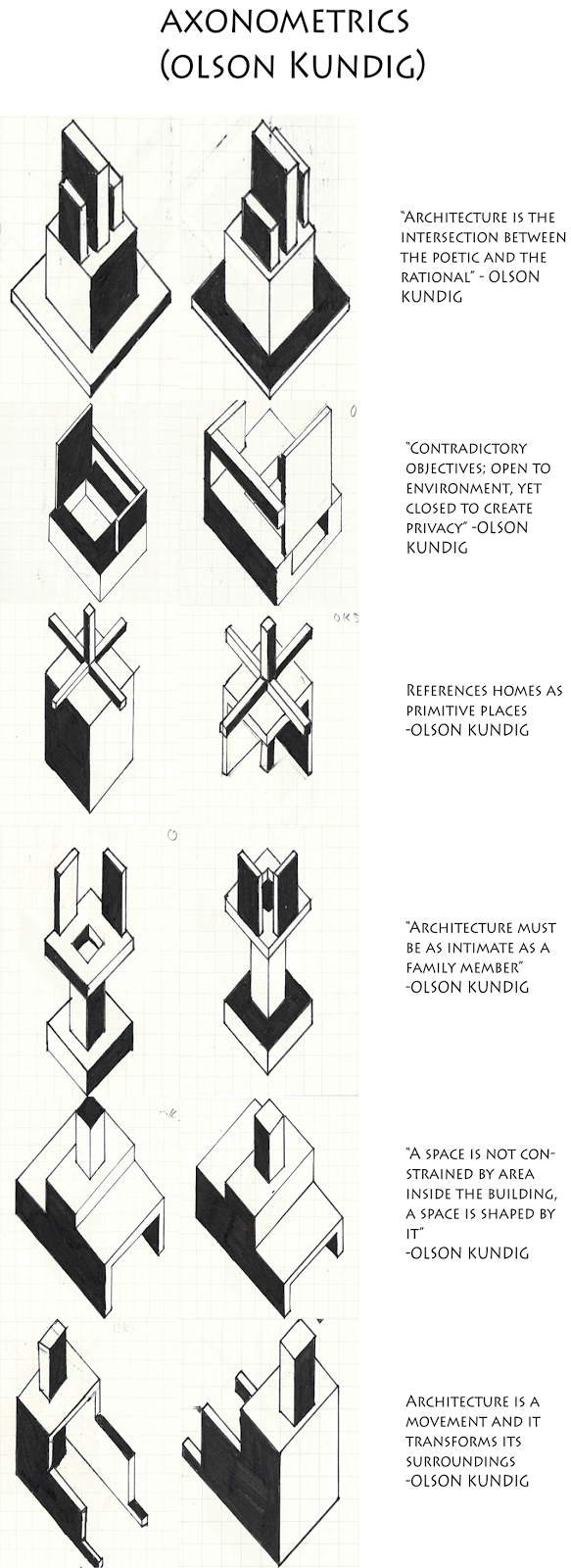Tuesday, 30 June 2015
Monday, 29 June 2015
EXP3 final pictures
The view of the faculty from across the road, the bright and intriguing facade
provides a welcoming look to the commuters. As well as stating the
importance of technologic advances within the faculty.
A side view of the faculty shows its interesting hexagonal wall which hides
the lecture hall and staff offices.
As students enter the faculty through the law building, they will encounter
the interesting shadows and optical pleasure that is provided by the
hexagonal shapes. As well as the linear textures that compliment such shadows.
The lecture hall.
After travelling up the stairs, staff will be able to enter their offices which
primarily is covered by glass, this allows for natural lighting during work hours
and also an innovative environment.
The dean's office will be overlooking the celeste lawn, where many
speeches and exhibitions will be held.
The celeste will be rotated upwards for events and speeches held by the
faculty. This provides a stunning entrance to the gallery.
During (night) exhibitions, the wooden facade can be lifted up to the
second storey, to provide an open gallery space and open up a side
entrance that will accommodate for the numbers.
The wooden facade atrium, used for meeting rooms allow the students to meet
at the centre of the faculty on every floor.
The meeting room has a good view and has state of the art equipment.
Each floor has its purpose, computer rooms, workshops, studio rooms and library.
Each with their own unique facade that plays with light throughout the day.
Lawn at the roof that provides space for leisure reading, relaxing and fresh air.
Lumion and sketchup links:
18 perspectives
Extend your lead Envy the hierarchy Push the boundaries
Appreciate the unknown Withhold the burden Beneath the almighty
Interrupt the serenity Extending your limbs Raise the dead
For the watch Reach for impossible Shoot the stars
Jump the limitations Protect the weak Drown in regrets
Under pressure Between two ferns David vs Goliath
Monday, 22 June 2015
Mash up
Though robots are expected to replace humans in the factories of the future, Arup’s report suggests human-robot collaboration will be an important element of manufacturing. 3D printing continues to revolutionise the way things are being made across industries on a global scale. The increasing acceptance of 3D printing or additive manufacturing technologies will allow manufacturing to be more mobile and dispersed.
The University of Melbourne’s Faculty of Architecture, Building and Planning officially opened in December 2014, praised for its spatial openness and mix of light and space, which is enhanced by use of Building Information Modelling (BIM) tools in factory design, planning and management. Incorporating systems that streamline the production of these items can result in greater productivity and ergonomics for businesses. At the heart of this design is a four storey atrium dominated by a plywood-clad hanging studio and a 1,500m² mesh balustrade that forms a full-height screen within the atrium.
Factories will be designed with greater focus on consumer experience, as they expect closer insight into how products are manufactured, especially at a customised level. Despite its complexity, the additive manufacturing and digital technologies made working with the complicated geometry of the hanging studio and atrium slab profiles very easy.
Architecture and design, 15 June 2015, "3D Printing Technology Cuts Sand Casting Production Time & Cost by 50%" ,accessed 22 June 2015. <http://www.architectureanddesign.com.au/news/sponsored-news/3d-printing-technology-cuts-sand-casting-productio>
Architecture and design, 20 June 2015, "How Stainless Steel Mesh Provided a Dynamic New Look to the Melbourne School of Design", accessed 22 June 2015. <http://www.architectureanddesign.com.au/news/sponsored-news/how-stainless-steel-mesh-provided-a-dynamic-new-lo>
Architecture and design, 19 June 2015, "Man, machines, materials: new Arup report explores future manufacturing trends and technologies", accessed 22 June 2015. <http://www.architectureanddesign.com.au/news/new-arup-report-explores-future-manufacturing-tren>
Sunday, 10 May 2015
Textures and Electroliquid Aggregation
Chosen Textures
Light Texture mostly used in the majority of the building.
Medium texture used for the detailed elements and railings.
Dark texture used primary in the flooring as tiles.
Electroliquid Aggregation
Achieving more by doing less underlies urban design whilse the space is not constrained by the interor form of the building but instead shapes it.
A space is not constrained by area inside the building, a space is shaped by it -Olson Kundig
Ideals of ephermaeralisation; "doing more and more with less and less until you can do everything with nothing" -Buckminster Fuller
EXPERIMENT 2 CONCEPTS
Olson Kundig
- Architecture is the intersection between the poetic and the rational
- Contradictory objectives; open to environment, yet closed to create privacy
- A space is not constrained by area inside the building, a space is shaped by it
- Architecture is a movement and it transforms its surroundings
- References homes as primitive places
- Architecture must be as intimate as a family member
Buckminster Fuller
- There is nothing in a caterpillar that tells you its going to be a butterfly
- Love is metaphysical gravity
- Ideals of ephemeralisation; "doing more and more with less and less until you can do everything with nothing”
- Simplicity is the true measure of complexity
- Reorganising the environment for prosperity
- Nature is trying very hard to make us succeed, but nature does not depend on us. We are not the only experiment
Wednesday, 1 April 2015
Subscribe to:
Comments (Atom)



















































